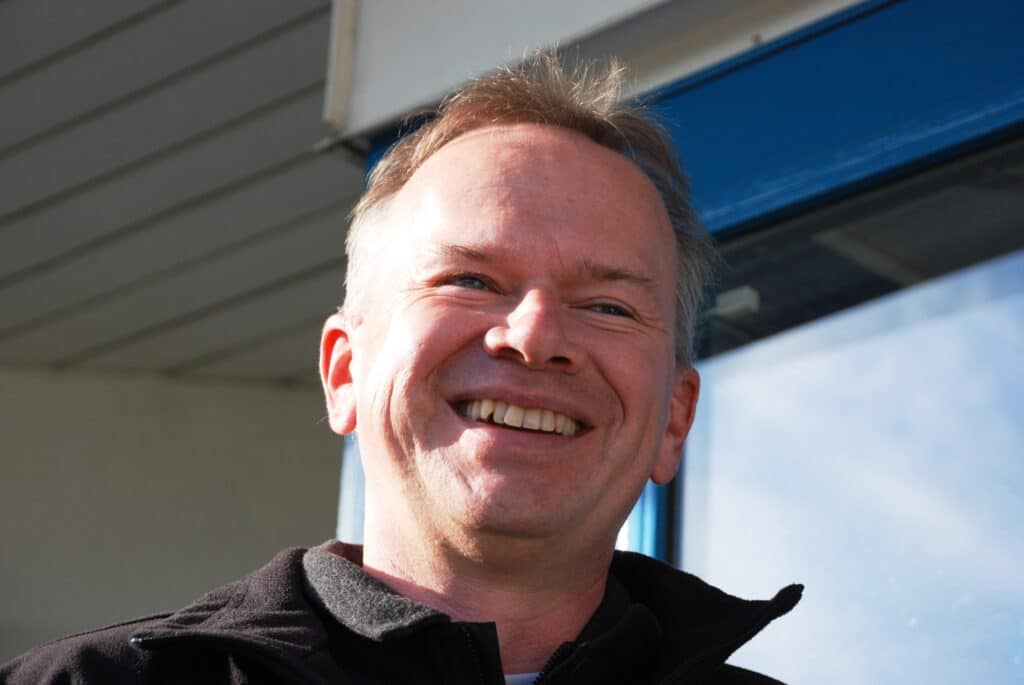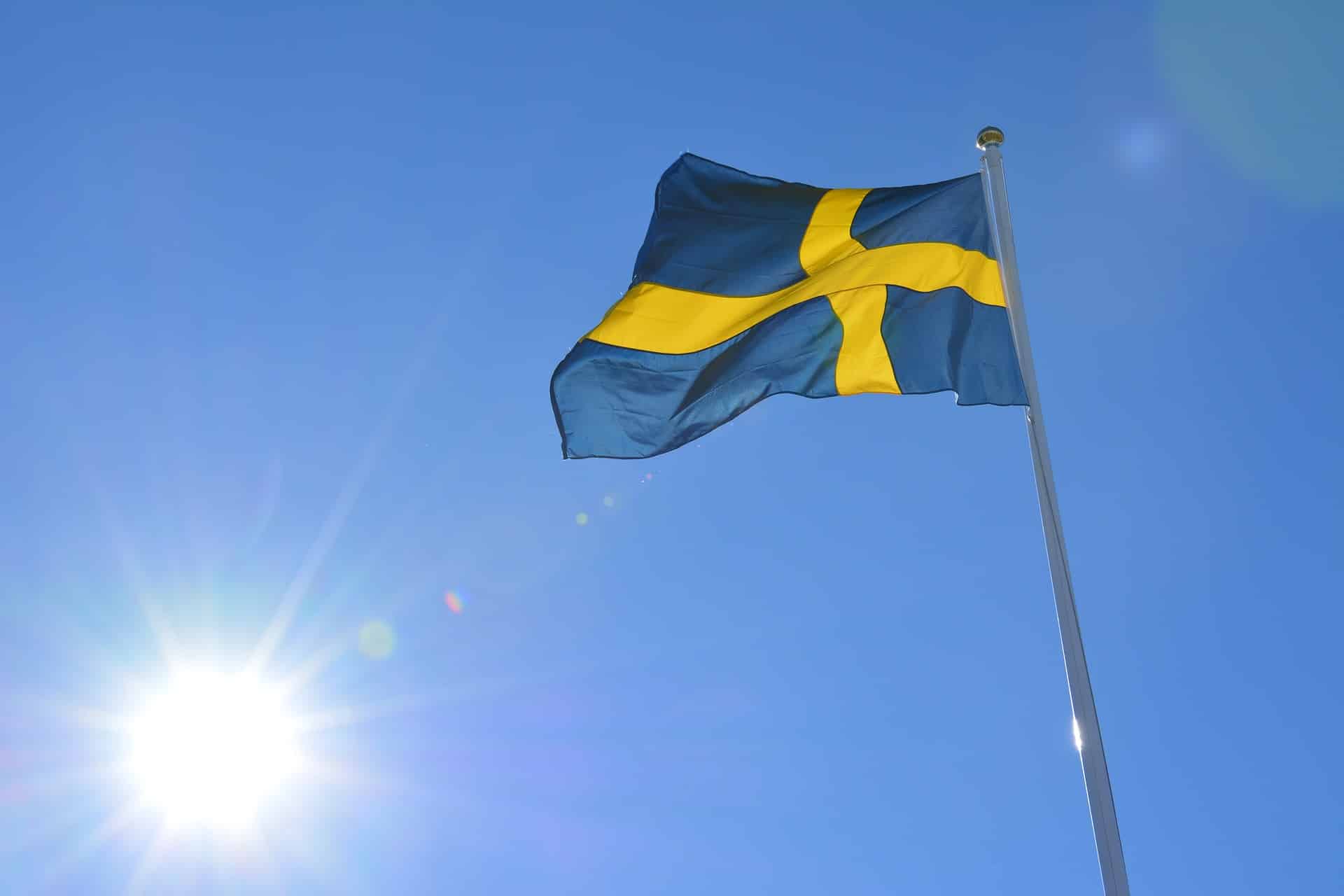On the 1st of January 2023, Sweden took over the Presidency of the EU Council. The country was well prepared to move forward on three significant legal packages: Plant Reproductive Material (PRM), New Genomic Techniques (NGT) and Sustainable Use of Plant Protection Products.
But the Russian invasion of Ukraine has caused a worldwide increase in food and energy prices, as well as a significant raised inflation rate in many countries. The Commission and Council have to prioritise and implement action plans to address these urgent social and economic matters and at the same time maintain a coherent and united opposition by all EU member states against the Russian aggressions in Ukraine.
All this caused several delays in the release of the legal initiatives on PRM and NGT, and the latest announced release date is on 7 June 2023. These delays have meant that the planned and scheduled meetings and activities in connection with PRM and NGT unfortunately had to be cancelled and removed from the agendas during the Swedish Presidency. So far, these topics remain, at present, only as points on the agenda of the AGRI-FISH Council meeting, end of June.

Plant breeding in Sweden has been a key factor for a viable agricultural production in the Nordic region. Swedish breeders were early to apply the genetic theories presented by Gregor Mendel and on these findings develop breeding efforts based on single plant selection and line breeding programs in several crops as well as development of hybrid breeding programs, with main efforts on sugar beet hybrid varieties. More recently, NGTs, in particularly with the aid of the target specific mutation method CRISPR-Cas9, are in use to develop novel traits with a focus on potatoes.
The competent authorities in Sweden were early to understand and appreciate the benefits of these new breeding tools and the development of new and valuable traits. The Swedish authorities stated early on that if techniques for targeted mutations have been used, and if genomic sequences are inserted, these should only originate from species from where the same sequences can be transferred by conventional- and today used breeding technics. Novel plats fulfilling these requirements should not be considered a GM-plant and therefor exempt from the GMO-directive, 2001/18.
Several field trials with plants containing traits developed with the CRISPR-Cas9 technology have been granted approval and been performed in Sweden. The first field trial was conducted 2015 with cabbage plants developed at the Umeå University, Sweden. This is one of the research sites where Dr Emmanuelle Charpentier and her co-workers made the breakthrough in CRISPR-research which resulted in the Nobel Prize Award in 2020. This first trial was followed by several field trials with potato plants where, with the CRISPR-tool, adjustments had been made for the produced tubers to contain only one specific type of starch, amylose or amylopectin. Currently grown starch potato varieties are producing tubers containing a mix of both these two types of starch, with a different molecular structure, and thereby with distinct different use as components and ingredients in a range of products. Today, the starch processing industry has to use a considerable amount of chemicals and energy to separate these different starch types in the potato tubers. And these resources would be saved by the use of these new and enhanced starch-potato varieties containing the newly developed specific starch traits.
With the court decision made by the European Court of Justice in 2018 which states that mutation techniques, developed after 2001, must be covered by the GMO-directive 2001/18, all field trial activities based on CRISPR-events in Sweden had immediately to be put on hold. This was to the frustration of all involved parties, including the Swedish Competent Authorities. Some projects and activities involving NGTs have been maintained at Swedish research laboratories after 2018, but scientists, as well as supporting companies are running out of patience and were looking forward to a final regulatory breakthrough in the beginning of 2023.
During its Presidency period, Sweden has — and will continue — to make efforts and emphasize on the importance of these expected regulatory texts, in particularly NGT, and the impact these will have on all different agricultural production systems in Europe. One example was a lunch seminar, held on 28 February in Brussels organised by Plants for the Future ETP and co-hosted by the Swedish MEP Jessica Polfjärd. The title for the seminar was “Breeding Innovation for Organics, How New Genomic Techniques could benefit the organic sector”. This was a very well attended seminar with several presentations followed by raised questions and an interesting discussion. Similar events will probably follow and will be organised during the second half of the Presidency.
During the first half of its presidency period in 2023, Sweden must focus on keeping these topics high on the agendas and in discussions at the European Parliament as well as with the EU Member States, instead of hands-on guiding and managing the new legal texts through the regulatory labyrinths in the EU. Sweden will most likely be obliged to forward these — for the European plant breeding- and seed industry — important tasks on to the Spanish presidency in July 2023 and for them to guide the Commission proposals on PRM, NGT as well as the Sustainable Use Regulation texts past all potential hurdles and with hopefully the highest possible pace.
Editors’ Note: Per Henriksson is CEO of the Swedish Seed Trade Association SVUF













